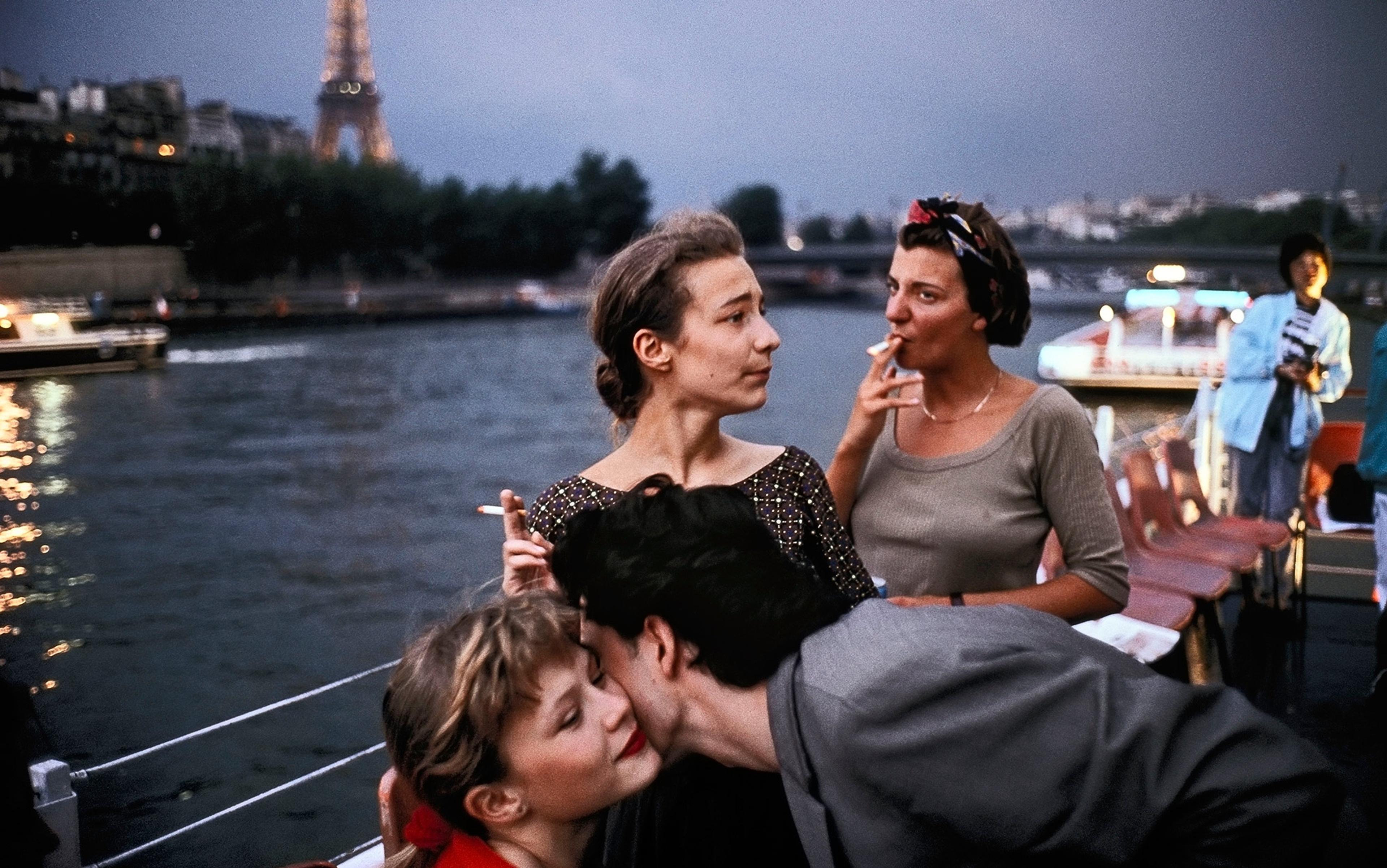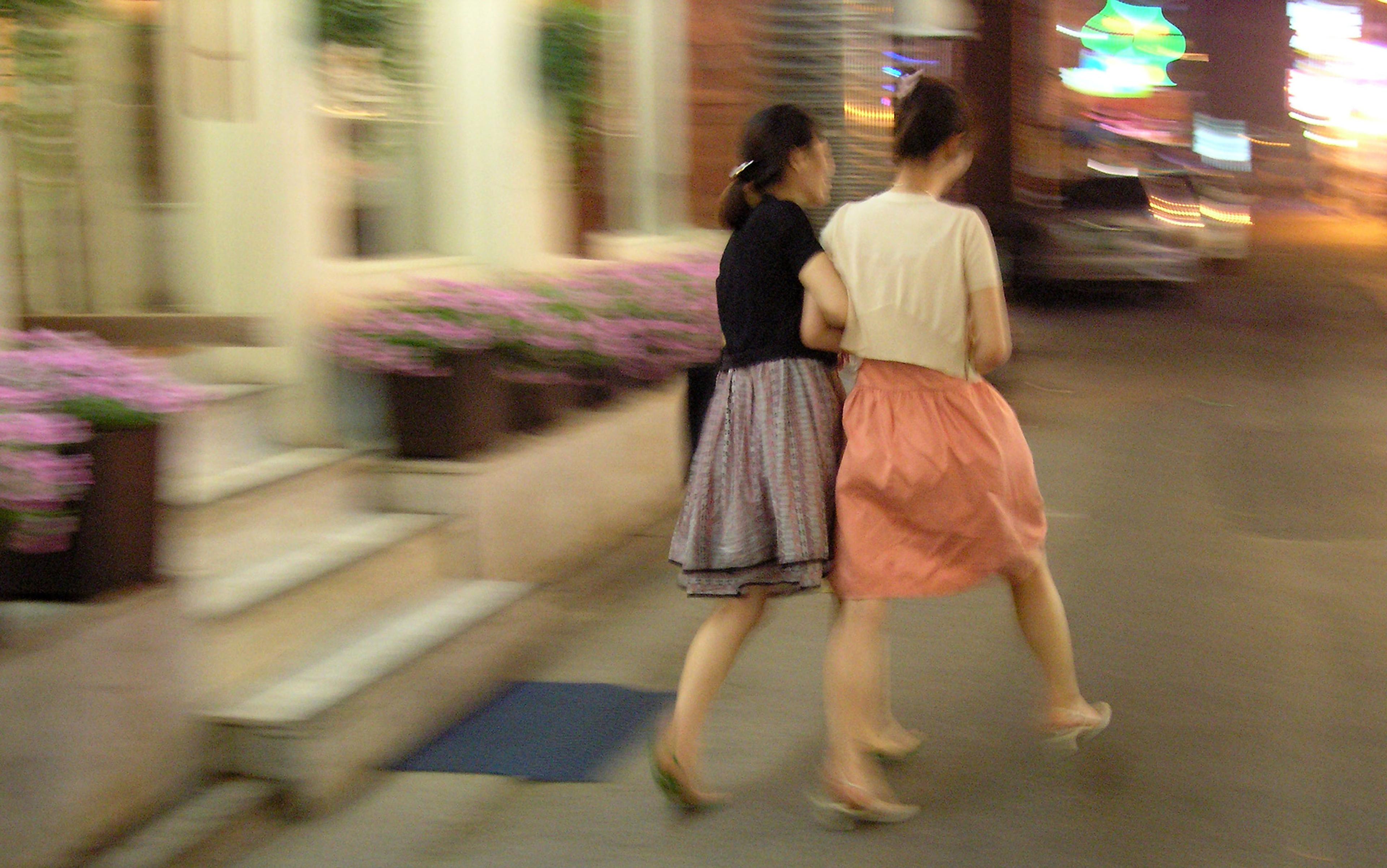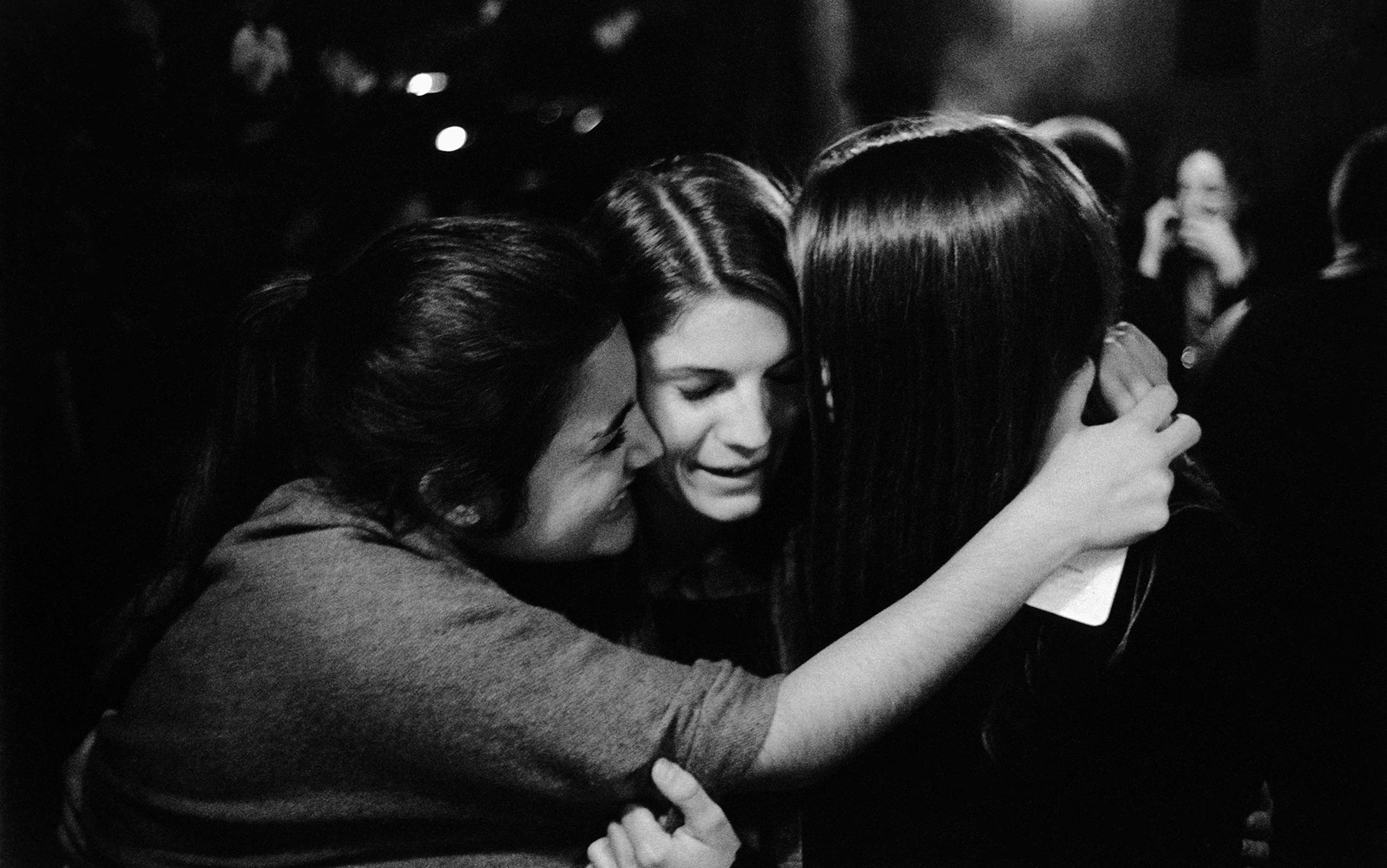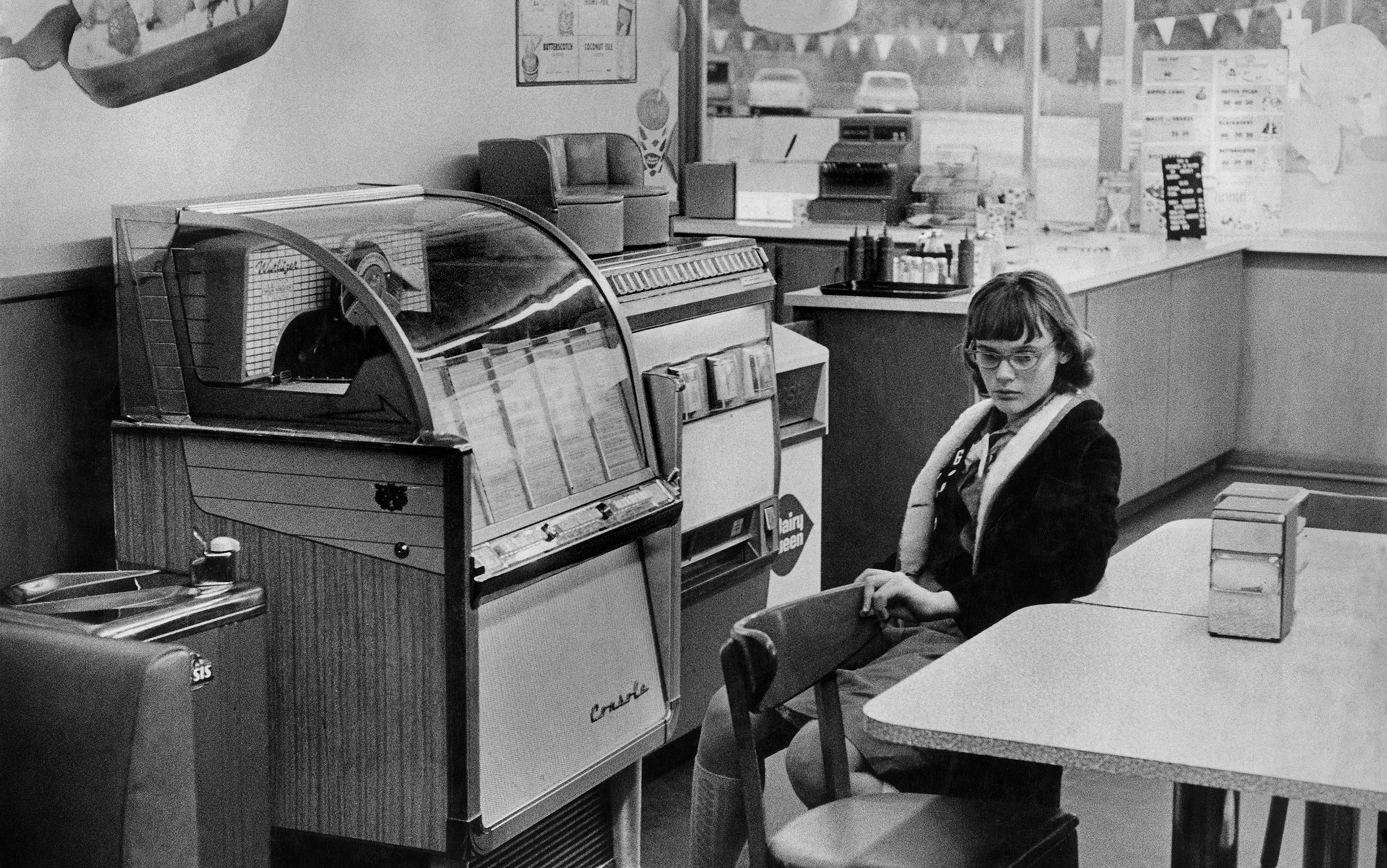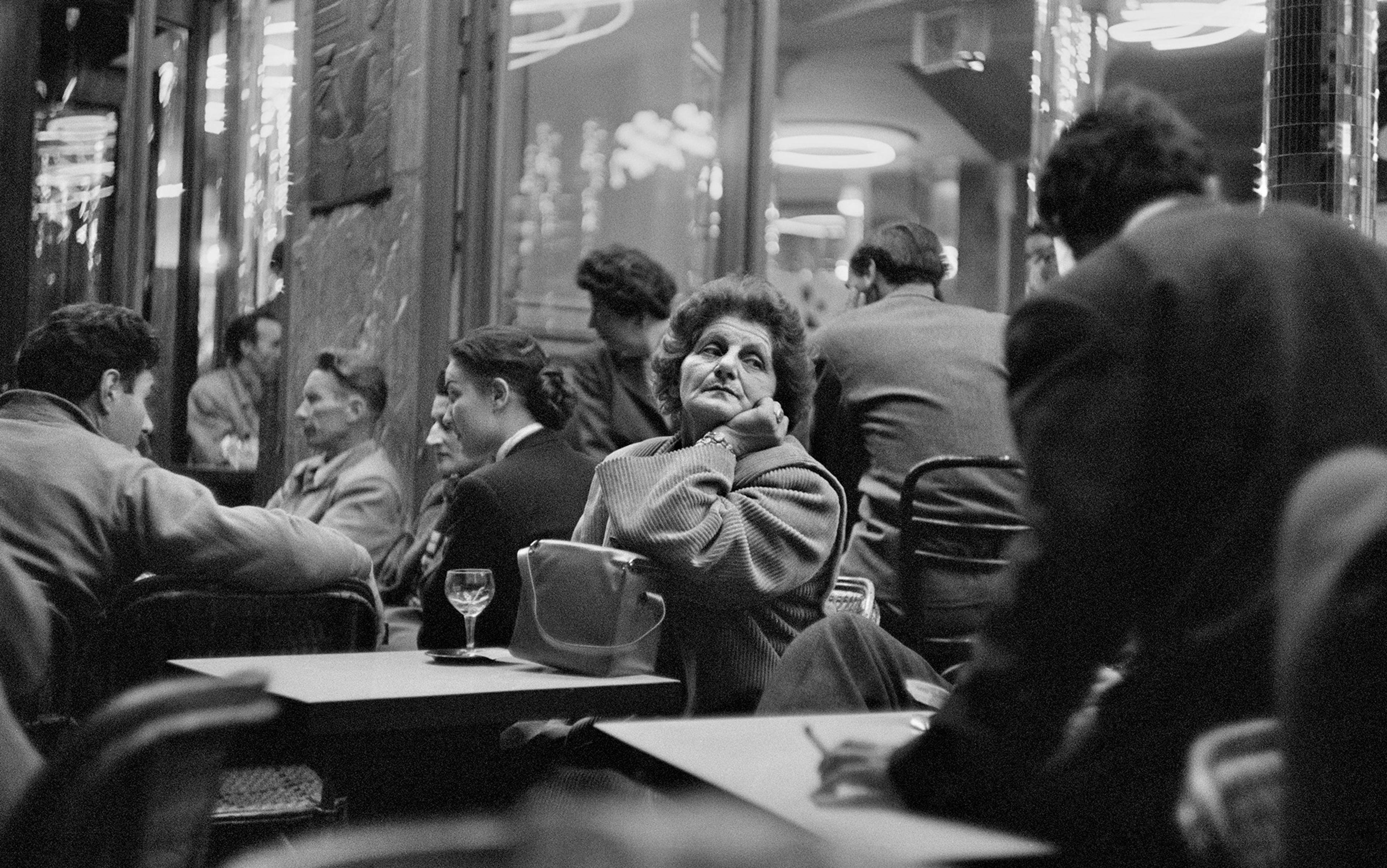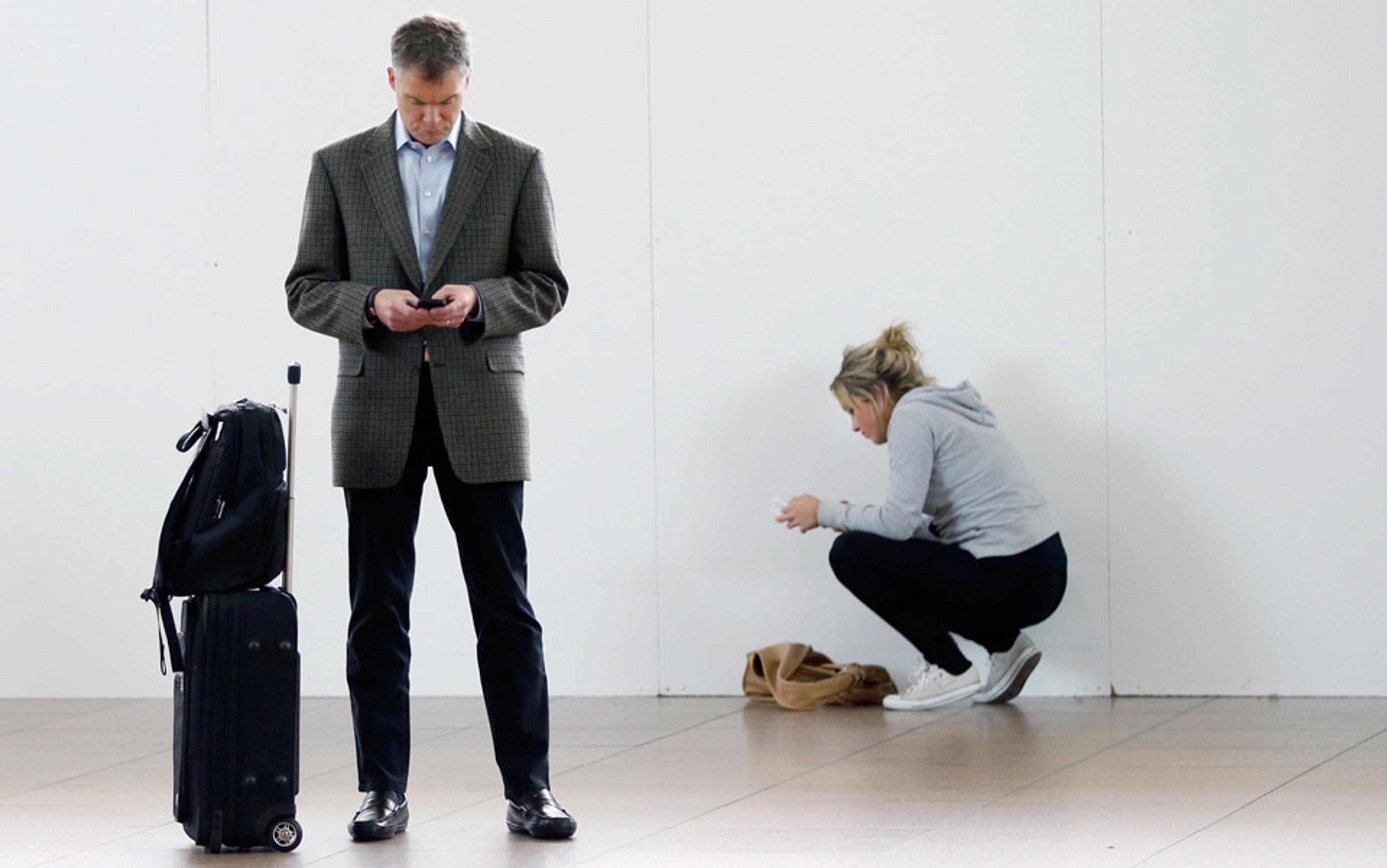Think of a time when you sat across from a friend and felt truly understood. Deeply known. Maybe you sensed how she was bringing out your ‘best self’, your cleverest observations and wittiest jokes. She encouraged you. She listened, articulated one of your patterns, and then gently suggested how you might shift it for the better. The two of you gossiped about your mutual friends, skipped between shared memories, and delved into cherished subjects in a seamlessly scripted exchange full of shorthand and punctuated with knowing expressions. Perhaps you felt a warm swell of admiration for her, and a simultaneous sense of pride in your similarity to her. You felt deep satisfaction to be valued by someone you held in such high regard: happy, nourished and energised through it all.
These are the friendships that fill our souls, and bolster and shape our identities and life paths. They have also been squeezed into social science labs enough times for us to know that they keep us mentally and physically healthy: good friends improve immunity, spark creativity, drop our blood pressure, ward off dementia among the elderly, and even decrease our chances of dying at any given time. If you feel you can’t live without your friends, you’re not being melodramatic.
But even our easiest and richest friendships can be laced with tensions and conflicts, as are most human relationships. They can lose a bit of their magic and fail to regain it, or even fade out altogether for tragic reasons, or no reason at all. Then there are the not-so-easy friendships; increasingly difficult friendships; and bad, gut-wrenching, toxic friendships. The pleasures and benefits of good friends are abundant, but they come with a price. Friendship, looked at through a clear and wide lens, is far messier and more lopsided than it is often portrayed.
The first cold splash on an idealised notion of friendship is the data showing that only about half of friendships are reciprocal. This is shocking to people, since research confirms that we actually assume nearly all our friendships are reciprocal. Can you guess who on your list of friends wouldn’t list you?
One explanation for imbalance is that many friendships are aspirational: a study of teens shows that people want to be friends with popular people, but those higher up the social hierarchy have their pick (and skew the average). A corroborating piece of evidence, which was highlighted by Steven Strogatz in a 2012 article in The New York Times, is the finding that your Facebook ‘friends’ always have, on average, more ‘friends’ than you do. So much for friendship being an oasis from our status-obsessed world.
‘Ambivalent’ relationships, in social science parlance, are characterised by interdependence and conflict. You have many positive and negative feelings toward these people. You might think twice about picking up when they call. These relationships turn out to be common, too. Close to half of one’s important social network members are identified as ambivalent. Granted, more of those are family members (whom we’re stuck with) than friends, but still, for friendship, it’s another push off the pedestal.
Friends who are loyal, reliable, interesting companions – good! – can also be bad for you, should they have other qualities that are less desirable. We know through social network research that depressed friends make it more likely you’ll be depressed, obese friends make it more likely you’ll become obese, and friends who smoke or drink a lot make it more likely you’ll smoke and drink more.
Other ‘good’ friends might have, or start to have, goals, values or habits that misalign with your current or emerging ones. They certainly haven’t ‘done’ anything to you. But they aren’t a group that validates who you are, or that will effortlessly lift you up toward your aims over time. Stay with them, and you’ll be walking against the wind.
In addition to annoying us, these mixed-bag friendships harm our health. A 2003 study by Julianne Holt-Lunstad from Brigham Young University and Bert Uchino from the University of Utah asked people to wear blood-pressure monitors and write down interactions with various people. Blood pressure was higher with ambivalent relationships than it was with friends or outright enemies. This is probably due to the unpredictability of these relationships, which leads us to be vigilant: Will Jen ruin Christmas this year? Ambivalent relationships have also been associated with increased cardiovascular reactivity, greater cellular ageing, lowered resistance to stress, and a decreased sense of wellbeing.
One research team, though, found that ambivalent friendships might have benefits in the workplace. They showed that in these pairings workers are more likely to put themselves in the other’s shoes, in part because they are trying to figure out what the relationship means and what it is. Also, because ambivalent friendships make you feel uncertain about where you stand, they can push you to work harder to establish your position.
‘Frenemies’ are perhaps a separate variety in that they are neatly multi-layered – friendliness atop rivalry or dislike – as opposed to the ambivalent relationship’s admixture of love, hate, annoyance, pity, devotion and tenderness. Plenty of people have attested to the motivating force of a frenemy at work, as well as in the realms of romance and parenting.
As with unhappy families, there are countless ways a friend can be full-on ‘bad’, no ambivalence about it. Susan Heitler, a clinical psychologist in Denver, and Sharon Livingston, a psychologist and marketing consultant in New York, have studied the issue, and found some typical qualities: a bad friend makes you feel competitive with her other friends; she talks much more about herself than you do about yourself; she criticises you in a self-righteous way but is defensive when you criticise her; she makes you feel you’re walking on eggshells and might easily spark her anger or disapproval; she has you on an emotional rollercoaster where one day she’s responsive and complimentary and the next she freezes you out.
In 2014, a team at Carnegie Mellon University in Pittsburgh found that, as the amount of negativity in relationships increased for healthy women aged over 50, so did their risk of developing hypertension. Negative social interactions – incidents including excessive demands, criticism, disappointment and disagreeable exchanges – were related to a 38 per cent increased risk. For men, there was no link between bad relationships and high blood pressure. This is likely because women care more about, and are socialised to pay more attention to, relationships.
Negative interactions can lead to inflammation, too, in both men and women. Jessica Chiang, a researcher at the University of California, Los Angeles, who conducted a study showing as much, has said that an accumulation of social stressors could cause physical damage, just like an actual toxin.
Some of our most hurtful friendships start out good, but then became bad. Among teens, for example, the rates of cyber aggression are 4.3 times higher between friends than between friends of friends. Or as Diane de Poitiers, the 16th-century mistress of King Henry II of France, said: ‘To have a good enemy, choose a friend: he knows where to strike.’
The writer Robert Greene addresses the slippery slope in his book The 48 Laws of Power (1998). Bringing friends into your professional endeavours can aid the gradual crossover from ‘good’ to ‘bad’, he warns, in part because of how we react to grand favours:
Strangely enough, it is your act of kindness that unbalances everything. People want to feel they deserve their good fortune. The receipt of a favour can become oppressive: it means you have been chosen because you are a friend, not necessarily because you are deserving. There is almost a touch of condescension in the act of hiring friends that secretly afflicts them. The injury will come out slowly: a little more honesty, flashes of resentment and envy here and there, and before you know it your friendship fades.
Ah – so too much giving and ‘a little more honesty’ are friendship-disrupters? That conclusion, which runs counter to the ethos of total openness and unlimited generosity between friends, provides a clue as to why there are so many ‘bad’, ‘good and bad’, and ‘good, then bad’ friends. In his paper ‘The Evolution of Reciprocal Altruism’ (1971), the evolutionary biologist Robert Trivers concludes that ‘each individual human is seen as possessing altruistic and cheating tendencies’, where cheating means giving at least a bit less (or taking at least a bit more) than a friend would give or take from us.
Good people do attract more friends (though being a high-status good person helps)
Trivers goes on to explain that we have evolved to be subtle cheaters, with complex mechanisms for regulating bigger cheaters and also ‘too much’ altruism. He writes:
In gross cheating, the cheater fails to reciprocate at all, and the altruist suffers the costs of whatever altruism he has dispensed without any compensating benefit… clearly, selection will strongly favour prompt discrimination against the gross cheater. Subtle cheating, by contrast, involves reciprocating, but always attempting to give less than one was given, or more precisely, to give less than the partner would give if the situation were reversed.
The rewarding emotion of ‘liking’ someone is also a part of this psychological regulation system, and selection will favour liking those who are altruistic: good people do attract more friends (though being a high-status good person helps). But the issue is not whether we are cheaters or altruists, good or bad, but to what degree are we each of those things in different contexts and relationships.
Perhaps this seesaw between cheating and altruism, which settles to a midpoint of 50/50, explains why 50 per cent keeps coming up in research on friends and relationships. Recall that half of our friendships are non-reciprocal, half of our social network consists of ambivalent relationships, and – to dip into the adjacent field of lie detection – the average person detects lies right around 50 per cent of the time. We evolved to be able to detect enough lies to not be totally swindled, but not enough to wither under the harsh truths of (white-lie-free) social interactions. Likewise, we’ve evolved to detect some cheating behaviours in friends, but not enough to prohibit our ability to be friends with people at all. As the seesaw wobbles, so do our friendships.
Should this sound like a complicated business to you, Trivers agrees, and in fact speculates that the development of this system for regulating altruism among non-kin members is what made our brains grow so big in the Pleistocene. Many neuroscientists agree with his conclusion: humans are smart so that we can navigate friendship.
The psychologist Jan Yager, author of When Friendship Hurts (2002), found that 68 per cent of survey respondents had been betrayed by a friend. Who are these betrayers? At such high numbers, could ‘they’ be us?
We somehow expect friendships to be forever. Friendship break-ups challenge our vision of who we are
That scary thought leads me to ask: are we really striving to forgive small sins? To air our grievances before they accumulate and blow up our friendships? To make the effort to get together? To give others the benefit of the doubt? Are we giving what we can, or keeping score? Are we unfairly expecting friends to think and believe the exact same things we do? Are we really doing the best we can? Well, maybe that’s what most of our friends think they are doing, too. And if they aren’t being a good friend, or if they have drifted away from us, or we from them, maybe we can accept these common rifts, without giving into a guilt so overwhelming that it pushes us to slap a label on those we no longer want for friends: toxic.
When a friend breaks up with us, or disappears without explanation, it can be devastating. Even though the churning and pruning of social networks is common over time, we still somehow expect friendships to be forever. Friendship break-ups challenge our vision of who we are, especially if we’ve been intertwined with a friend for many years. Pulsing with hurt in the wake of a friend break-up, we hurl him or her into the ‘bad friends’ basket.
But, sometimes, we have to drop a friend to become ourselves. In Connecting in College (2016), the sociologist Janice McCabe argues that ending friendships in young adulthood is a way of advancing our identities. We construct our self-images and personalities against our friends, in both positive and negative ways.
As much as we need to take responsibility for being better friends and for our part in relationship conflict and break-ups, quite a few factors surrounding friendship are out of our control. Social network embeddedness, where you and another person have many friends in common, for instance, is a big challenge. Let’s say someone crosses a line, but you don’t want to disturb the group, so you don’t declare that you no longer think of him as a friend. You pull back from him, but not so much that it will spark a direct confrontation, whereby people would then be forced to invite only one of you, but not both, to events. Sometimes we are yoked to bad friends.
The forces that dictate whom we stay close to and whom we let go can be mysterious even to ourselves. Aren’t there people you like very much whom you haven’t contacted in a long time? And others you don’t connect with as well whom you see more often? The former group might be pencilling you into their ‘bad friend’ column right now.
Dealing with bad friends, getting dumped by them, and feeling disappointed with them is a stressful part of life, and it can harm your body and mind. Yet having no friends at all is a far worse fate. Imagine a child’s desperation for a playmate, a teenager’s deep longing for someone who ‘gets’ her, or an adult’s realisation that there is no one with whom he can share a failure or even a success. Loneliness is as painful as extreme thirst or hunger. John Cacioppo, a professor of sociology at the University of Chicago, has found associations between loneliness and depression, obesity, alcoholism, cardiovascular problems, sleep dysfunction, high blood pressure, the progression of Alzheimer’s disease, cynical world views and suicidal thoughts. But if you have friend problems, you have friends – and that means you’re pretty lucky.
